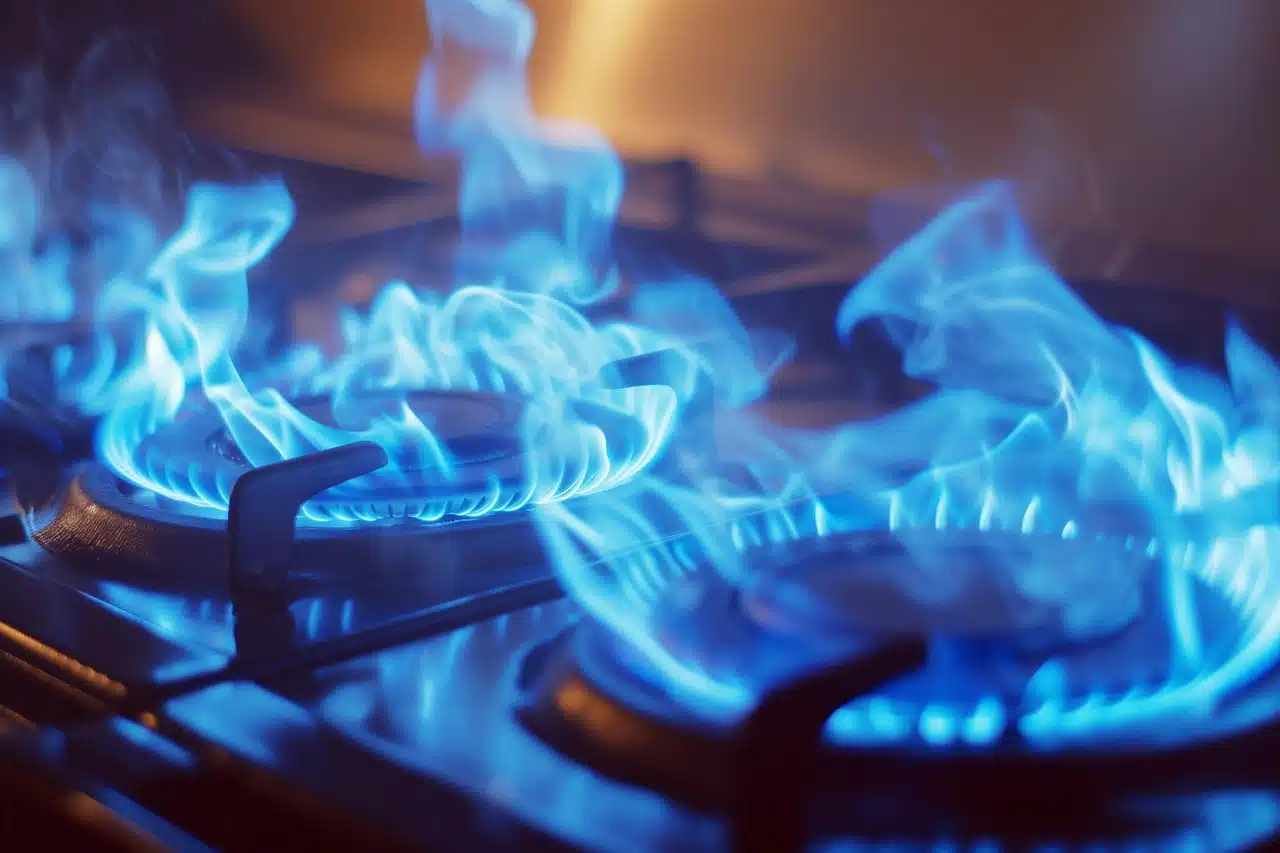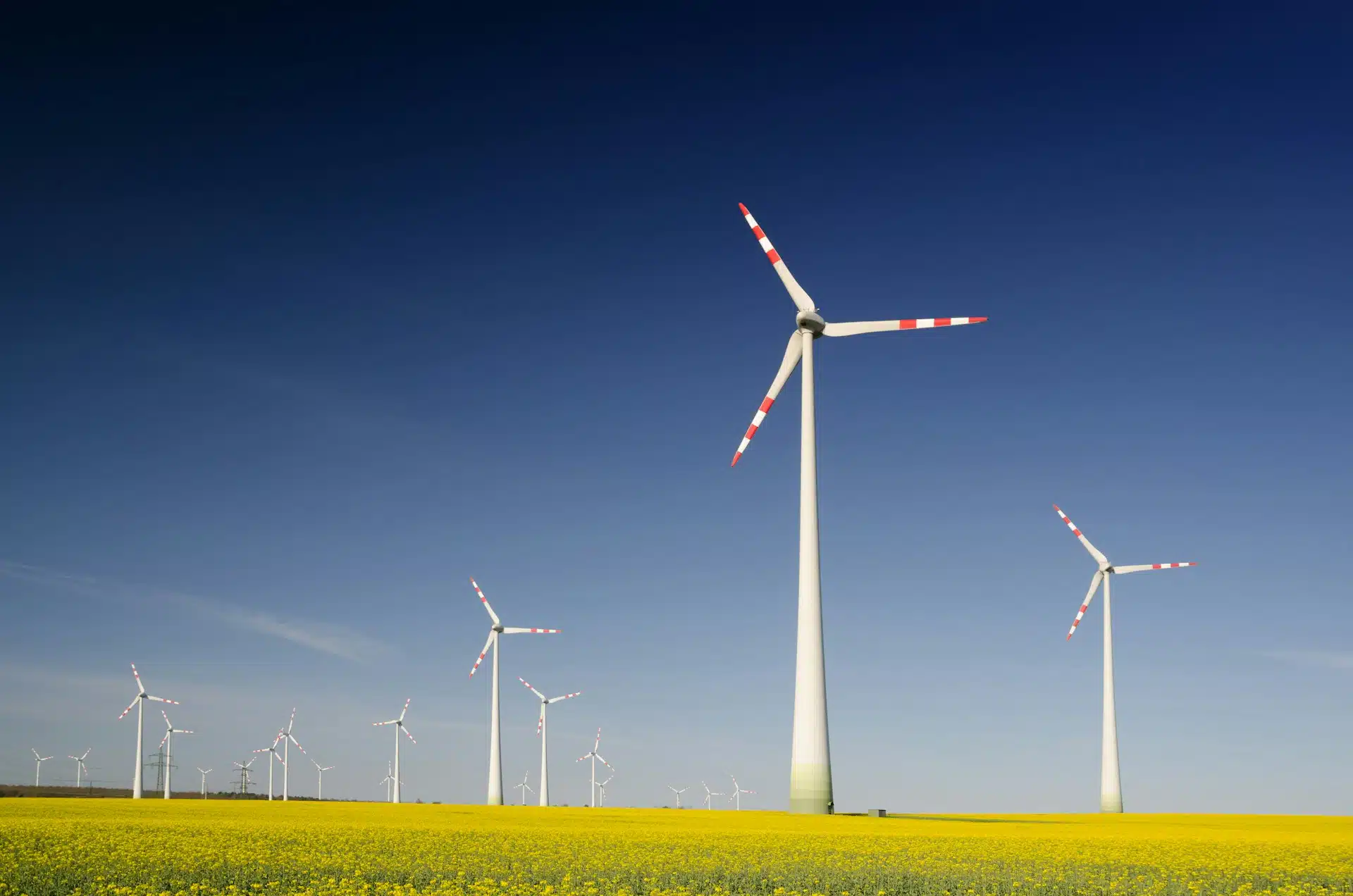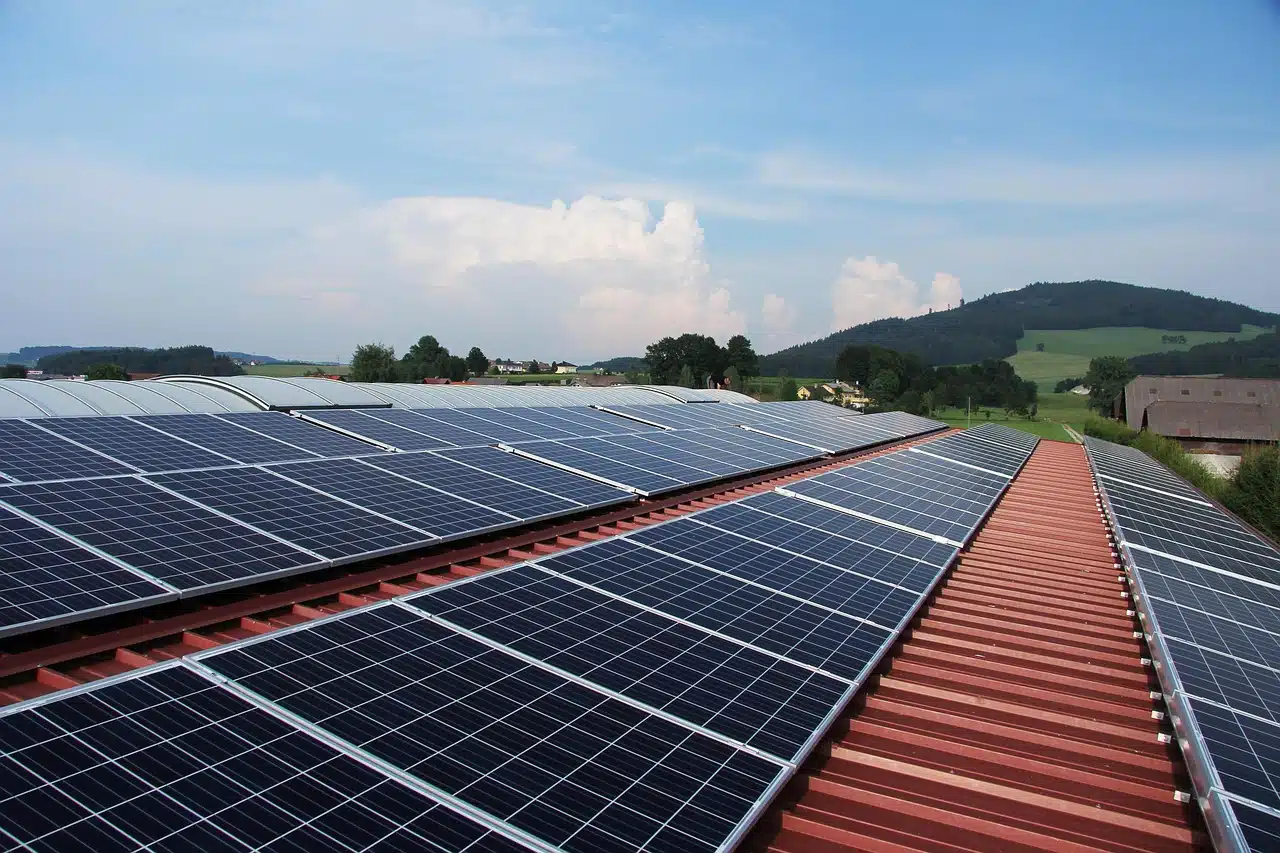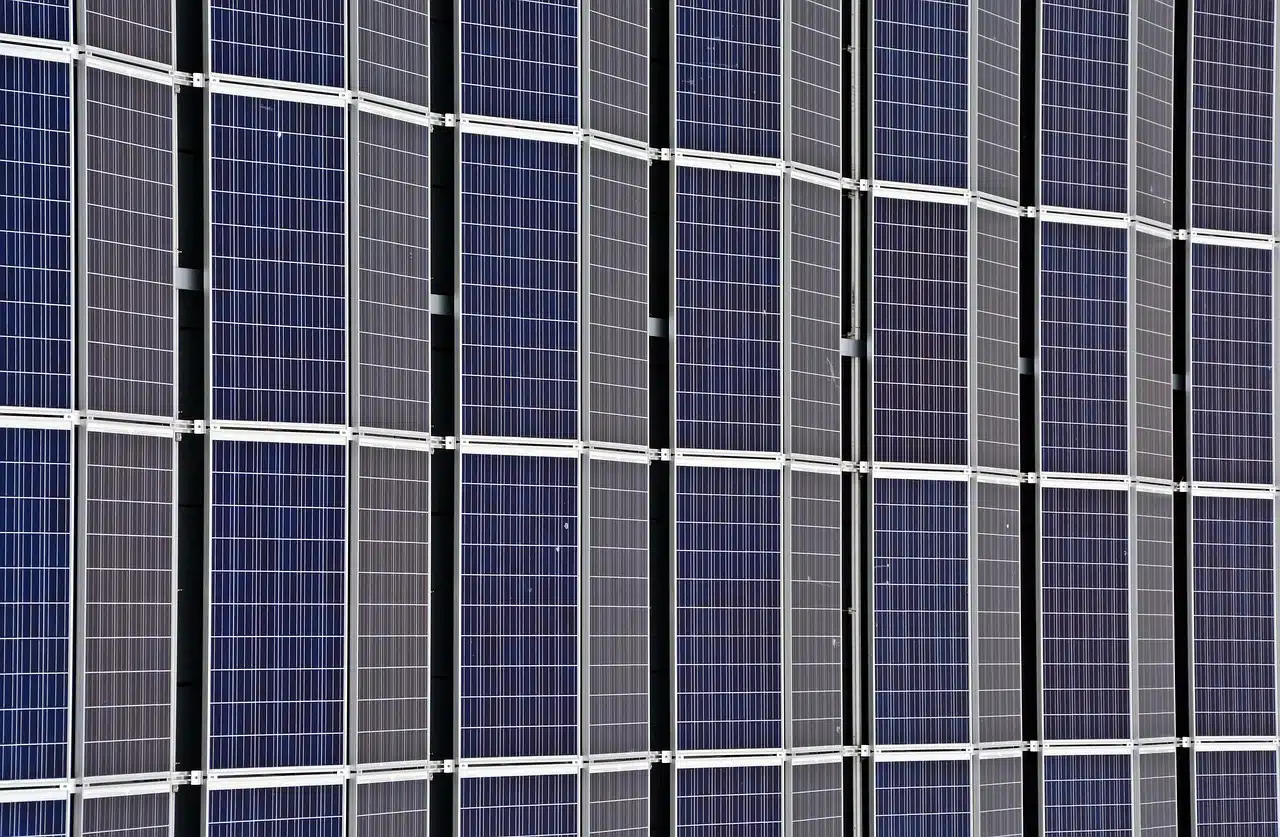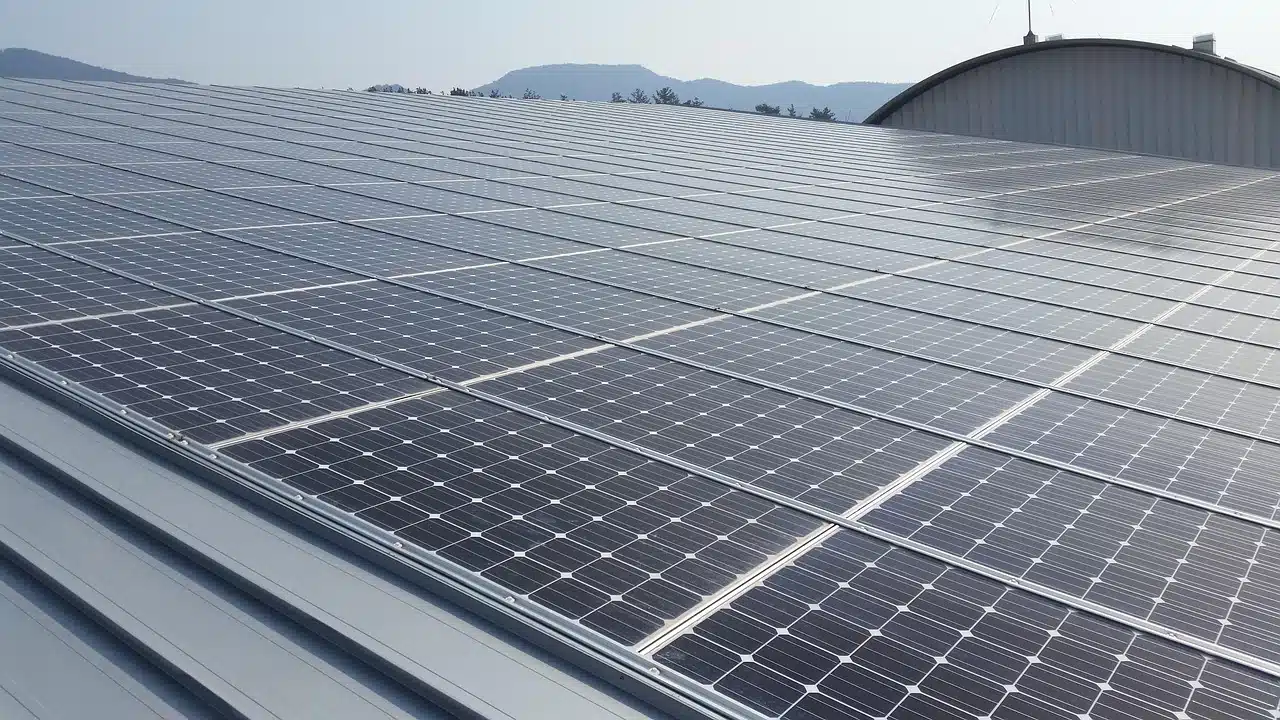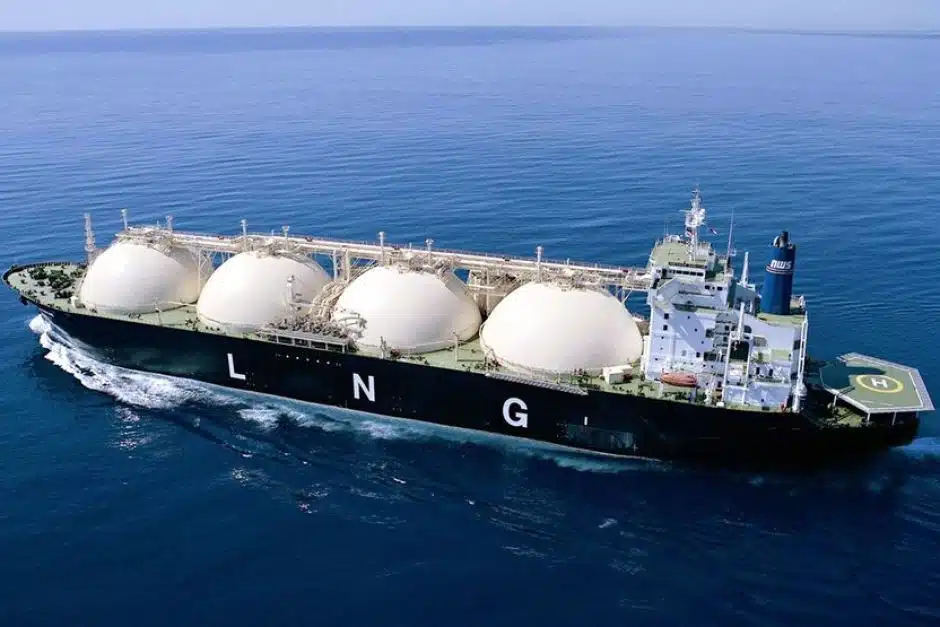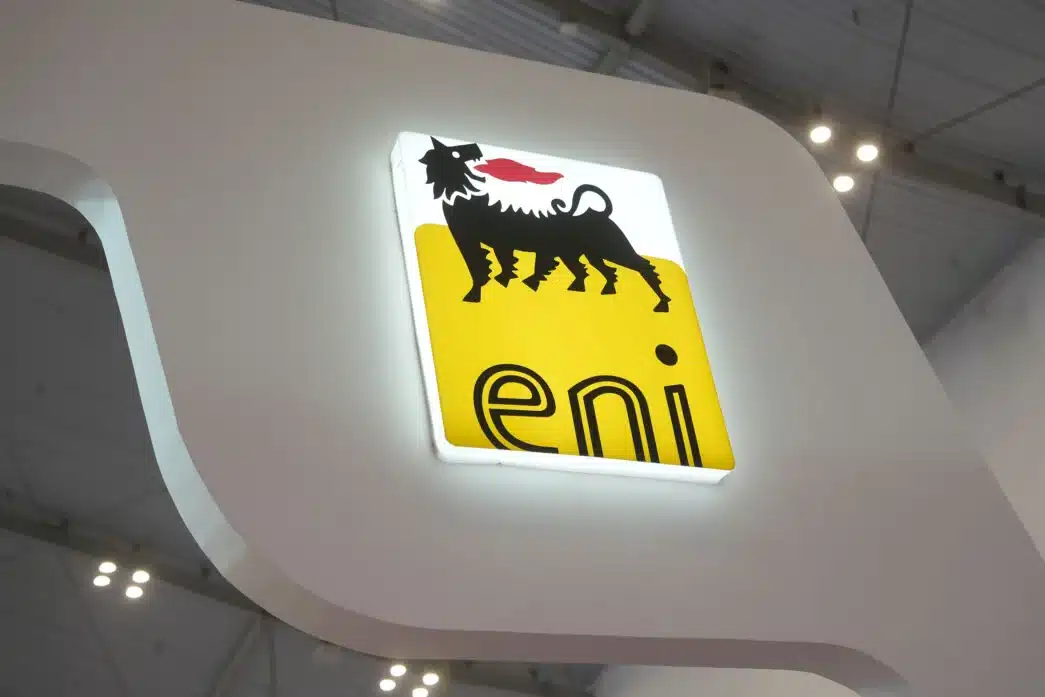East African nation, Tanzania, has invested TZS 4.5 billion (approximately $1.7 million) to establish a clean energy factory in the Geita Region of the country.
The Rural Energy Agency (REA) and the State Mining Corporation (STAMICO) formalized this initiative through an agreement signed on Tuesday.
The signing ceremony, held at REA’s Dar es Salaam office, was attended by REA Director General Hassan Saidy and STAMICO Managing Director Venance Mwasse.
The agreement stipulates that REA will provide TZS 3 billion ($1.1 million) for machinery procurement, while STAMICO will contribute TZS 1.5 billion ($584 thousand) to secure land, construct the factory, and install equipment.
The project aims to enhance access to clean cooking fuels and mitigate environmental degradation.
Hassan Saidy also emphasized the project’s alignment with President Samia Suluhu Hassan’s directive to scale up clean energy partnerships, particularly in rural areas.
“This project reflects President Samia Suluhu Hassan’s directive to scale up clean energy partnerships and support rural communities.
“The agency’s goal is to achieve 80 percent nationwide access to clean cooking energy by 2034,” said Saidy.
The plant’s role in reducing reliance on unsafe fuels, which contribute to health risks and environmental harm, He added.
In addition, the facility will produce briquettes, a charcoal substitute derived from renewable biomass, offering a cleaner and more sustainable cooking energy solution.
Impact of the project
The Geita factory is expected to address Tanzania’s heavy dependence on traditional biomass, which accounts for over 85% of the country’s cooking energy, per World Bank data.
By producing briquettes, the facility will curb deforestation and lower carbon emissions, supporting Tanzania’s climate commitments.
In addition, the project will create jobs in the Geita Region, fostering economic growth in rural communities.
What’s next for Tanzania’s clean energy
This $1.7 million investment marks a pivotal step in Tanzania’s clean energy transition, alongside the recent push for a $1 billion investment in liquefied petroleum gas (LPG) to support its clean energy goals.
By leveraging renewable biomass and fostering public-private collaboration, the government aims to enhance energy access while safeguarding the environment.
As the Geita factory takes shape, it sets a precedent for scalable, sustainable energy solutions across Africa.

